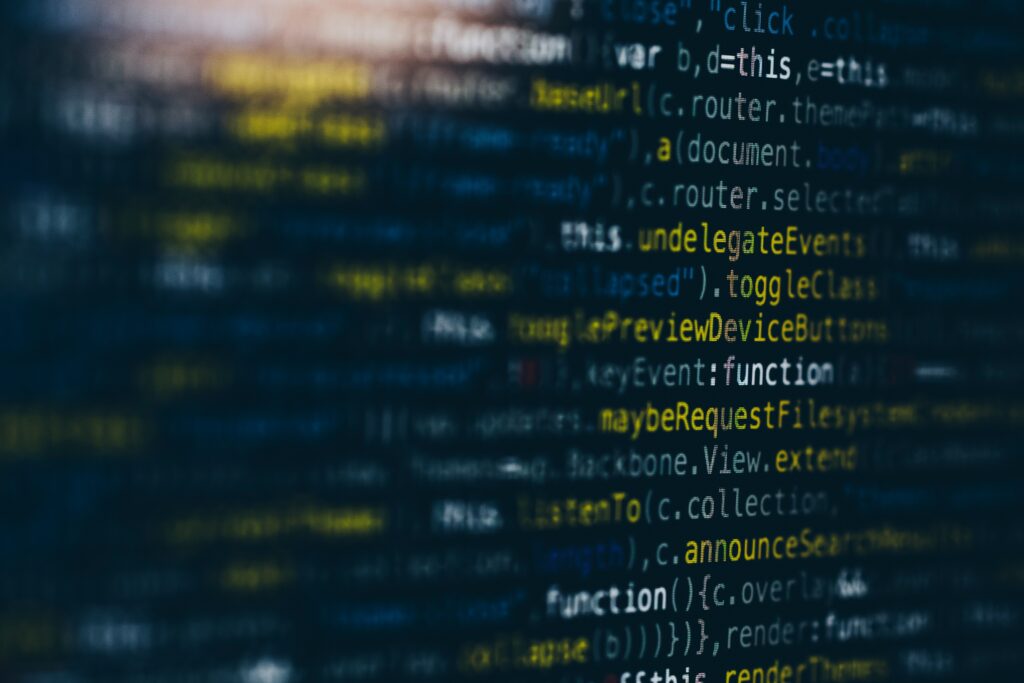Artificial intelligence rapid evolution brings intellectual property rights and their protection into sharp focus. In December 2023, The New York Times initiated legal action against tech giants OpenAI and Microsoft, alleging copyright infringement and damages. This legal conflict unveils an intricate dispute over the unauthorized use of The New York Times’ copyrighted texts, integral to the training of artificial intelligence technologies by OpenAI and Microsoft.
The lawsuit, filed after unsuccessful attempts at an amicable resolution in April, highlights a profound divide between traditional media and tech giants regarding the interpretation of rights in the use of copyrighted works for AI training and development.
This legal clash reflects a global trend of escalating tensions between media and tech companies concerning copyright issues. With artificial intelligence relying extensively on vast datasets for training, ethical and legal concerns surrounding the use of such information are gaining prominence. The situation underscores the necessity for well-defined guidelines and standards in the deployment of copyrighted works within the field of artificial intelligence.
The anticipated precedent-setting judgment in this legal dispute, considering the global influence of the involved entities, is poised to shape future conflicts between copyright holders and tech companies engaged in AI development. The existing legal framework’s inadequacy to adapt to technological advancements implies that the case’s outcome will profoundly influence legal regulations accompanying the evolution of artificial intelligence.
As companies like OpenAI surge in value, reaching tens of billions of dollars, the economic implications of this issue intensify. The substantial revenue generated by tech companies from products developed using copyrighted works raises questions about the adequacy of existing legal frameworks in protecting the intellectual property sources.
This legal confrontation could significantly impact the resolution of analogous disputes in other contexts where issues of copyright protection arise in the development of artificial intelligence. The outcome holds far-reaching consequences for the understanding and application of copyright in the realm of artificial intelligence. Given the escalating importance of these matters, ongoing discussions and evolving legal regulations are expected to grapple with the challenges emerging from the swift development and practical implementation of artificial intelligence in contemporary society.
The information in this document does not constitute legal advice on any particular matter and is provided for general informational purposes only.
